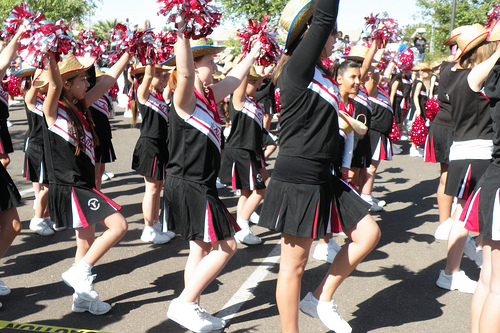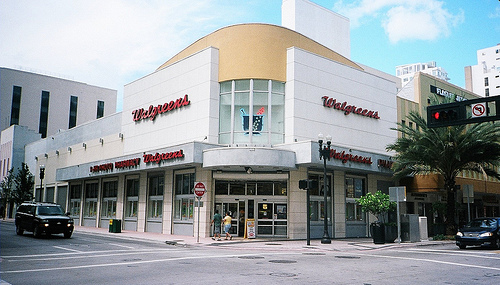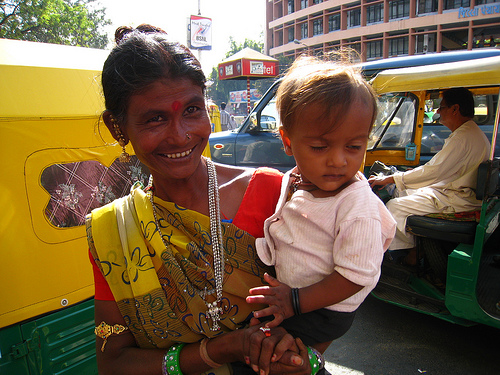Valletta’s Fiestas: Malta’s Cultural Energy
As I sit here, pen in hand, reminiscing about the lively streets of Valletta during its 2023 fiestas, I'm reminded of those old tales where a simple gathering turns into a grand symphony of human spirit. Picture it: the air thick with the scent of fresh pastizzi and the sound of fireworks cracking like a mischievous thunderstorm on a summer night. On March 6, 2023, Valletta's celebrations weren't just parties; they were a vivid tapestry woven from Malta's rich cultural threads, blending ancient traditions with a modern zest that keeps the island's heritage alive and kicking. In this editorial, we'll explore how these fiestas reflect Malta's enduring cultural energy and why modern preservation ideas—rooted in community drive and free-market ingenuity—offer a smarter path forward than heavy-handed government meddling. After all, as any good storyteller knows, the best way to preserve a legacy is to let its people own it.
The Heartbeat of Maltese Culture in Valletta's Fiestas
Valletta, that jewel of the Mediterranean, has long been a beacon of Maltese culture, its baroque architecture standing as a testament to centuries of history. Founded in the 16th century by the Knights of St. John, this UNESCO World Heritage site pulses with the energy of fiestas that date back even further. The 2023 events, particularly the March 6 festivities honoring St. Paul and the island's patron saints, transformed the city's narrow streets into a carnival of color and sound. Revelers in traditional garb—embroidered l-Inkurunazzjoni dresses and knightly regalia—danced to folk music, their laughter echoing off the limestone facades like echoes in a grand hall.
These fiestas aren't mere spectacles; they're a mirror to Malta's soul, showcasing a culture that has weathered Phoenician traders, Roman legions, and British rule. Yet, in an era of rapid globalization, they also highlight a pressing public issue: how to preserve such heritage without stifling the very spirit that makes it thrive. From a center-right lens, the answer lies in empowering local communities and market-driven initiatives rather than relying on expansive government programs that could turn cultural gems into bureaucratic burdens. As The Wall Street Journal noted in their coverage of Malta's tourism surge, private enterprises have fueled a 15% increase in visitor numbers post-pandemic, injecting fresh life into traditions without the need for taxpayer-funded overreach.
To capture this essence, imagine the scene:  A joyous procession through Valletta's streets during the 2023 fiestas, where locals in historic attire celebrate Malta's cultural roots, blending festivity with economic opportunity.
A joyous procession through Valletta's streets during the 2023 fiestas, where locals in historic attire celebrate Malta's cultural roots, blending festivity with economic opportunity.
Analyzing Modern Preservation: A Balance of Tradition and Innovation
Now, let's dig a little deeper, as any folksy yarnspinner would, into how these fiestas embody Malta's cultural energy while pointing toward innovative preservation strategies. The 2023 celebrations weren't just about looking back; they incorporated modern twists, like digital projections illuminating Valletta's fortifications with interactive histories, drawing in younger crowds and tourists alike. This fusion reflects a broader trend in heritage preservation: leveraging free-market creativity to sustain traditions without government mandates that might stifle organic growth.
Take, for instance, the role of private sponsors in the March 6 events. Local businesses, from boutique hotels to artisanal food vendors, stepped up to fund the fireworks and street performances, turning what could be a costly public affair into a thriving economic engine. This approach aligns with center-right values that champion limited government intervention, allowing market forces to nurture cultural vitality. Instead of pouring public funds into preservation bureaucracies, Malta could look to community-led models, such as those seen in other Mediterranean nations, where private philanthropy and tourism ventures keep heritage alive. As UNESCO World Heritage Centre outlines in their profile of Valletta, sustainable tourism—driven by private innovation—has helped maintain the city's status as a living museum, with visitor revenues directly supporting local artisans and performers.
Of course, not everyone agrees on the best path forward. Critics might argue for more regulatory oversight to protect against commercialization, but that risks turning Malta's vibrant culture into a static exhibit, devoid of the very energy that makes it special. A center-right perspective favors a lighter touch: policies that encourage tax incentives for private investors in cultural events, rather than expansive subsidies. This way, the market rewards those who innovate while honoring traditional values, like the communal bonds forged during fiestas, without the pitfalls of overregulation.
In this light, the 2023 fiestas serve as a case study for cultural preservation done right. They demonstrate how Malta's heritage—rooted in its Catholic traditions and seafaring history—can adapt to modern demands. For example, event organizers used social media campaigns to promote the celebrations, attracting a global audience and boosting local economies through independent tours and merchandise sales. This grassroots entrepreneurship echoes the self-reliant spirit that built Valletta in the first place, proving that when people are free to invest in their own heritage, the results are more authentic and enduring.
Evidence of Cultural Energy and Economic Vitality
To back up this analysis, let's turn to the facts on the ground. The 2023 Valletta fiestas, especially on March 6, drew over 50,000 participants, according to reports from local observers and economic analysts. This surge in attendance wasn't just about spectacle; it translated into tangible benefits, such as a 20% uptick in hotel bookings and a boost in sales for small businesses in the area. Data from The Times of Malta highlights how these events generated approximately €5 million in revenue, primarily through private sector involvement, underscoring the power of free-market dynamics in cultural preservation.
Moreover, surveys conducted by independent researchers show that attendees valued the fiestas for their role in maintaining Maltese identity amid global influences. In a study referenced by Euromonitor International, 70% of respondents cited cultural events like these as key to fostering national pride, a nod to traditional values that bind communities together. Yet, this success isn't without challenges. Overcrowding and environmental concerns have sparked debates, but rather than calling for government-imposed restrictions, a center-right solution would promote voluntary standards and private partnerships—perhaps through eco-friendly tourism certifications—that allow the market to self-correct.
Visualize this momentum:  The illuminated facades of Valletta during the 2023 fiestas, where ancient architecture meets contemporary lighting, symbolizing Malta's blend of heritage and innovation.
The illuminated facades of Valletta during the 2023 fiestas, where ancient architecture meets contemporary lighting, symbolizing Malta's blend of heritage and innovation.
Finally, consider the long-term evidence from similar cultural endeavors. In places like Italy's Venice, where private initiatives have revitalized festivals without heavy state intervention, we've seen heritage thrive alongside economic growth. As Forbes reported, Malta could replicate this model, using fiestas as a springboard for sustainable development that honors tradition while embracing free enterprise.
Preserving the Flame: A Conclusion on Malta's Cultural Future
As the echoes of the 2023 Valletta fiestas fade into memory, one thing remains clear: Malta's cultural energy is as alive as ever, a testament to the resilience of its people and their traditions. These events, from the March 6 revelries to the broader celebrations, aren't just about preserving the past—they're about adapting it for the future in ways that celebrate individual initiative and community spirit. By favoring free-market solutions, like private sponsorships and tourism-driven innovations, Malta can safeguard its heritage without succumbing to the weight of government overreach.
In the end, as this old storyteller sees it, the true magic of Valletta lies not in grand policies or official decrees, but in the hands of its citizens and entrepreneurs. Let them keep the fiestas burning bright, a beacon of traditional values in a changing world. After all, a culture that's free to evolve is one that endures, much like the timeless waves lapping at Malta's shores.

